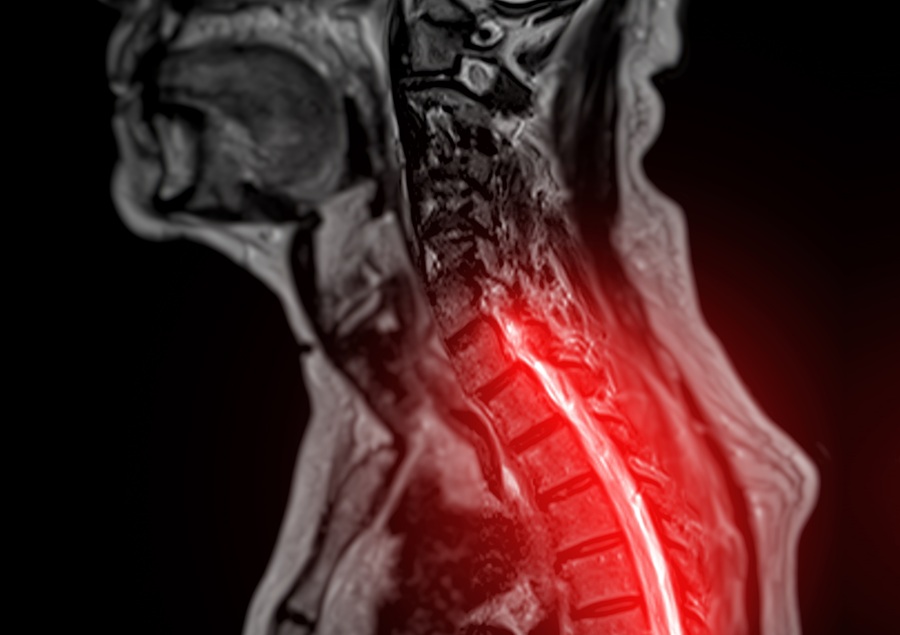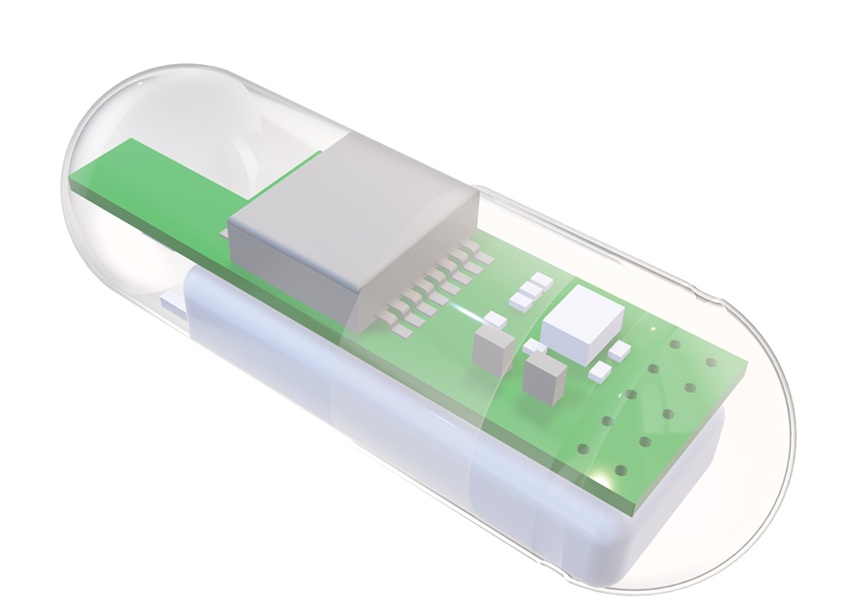World's First Robotic Clinical Assistant for Hospitalized Patient Care Launched
|
By HospiMedica International staff writers Posted on 24 Mar 2022 |
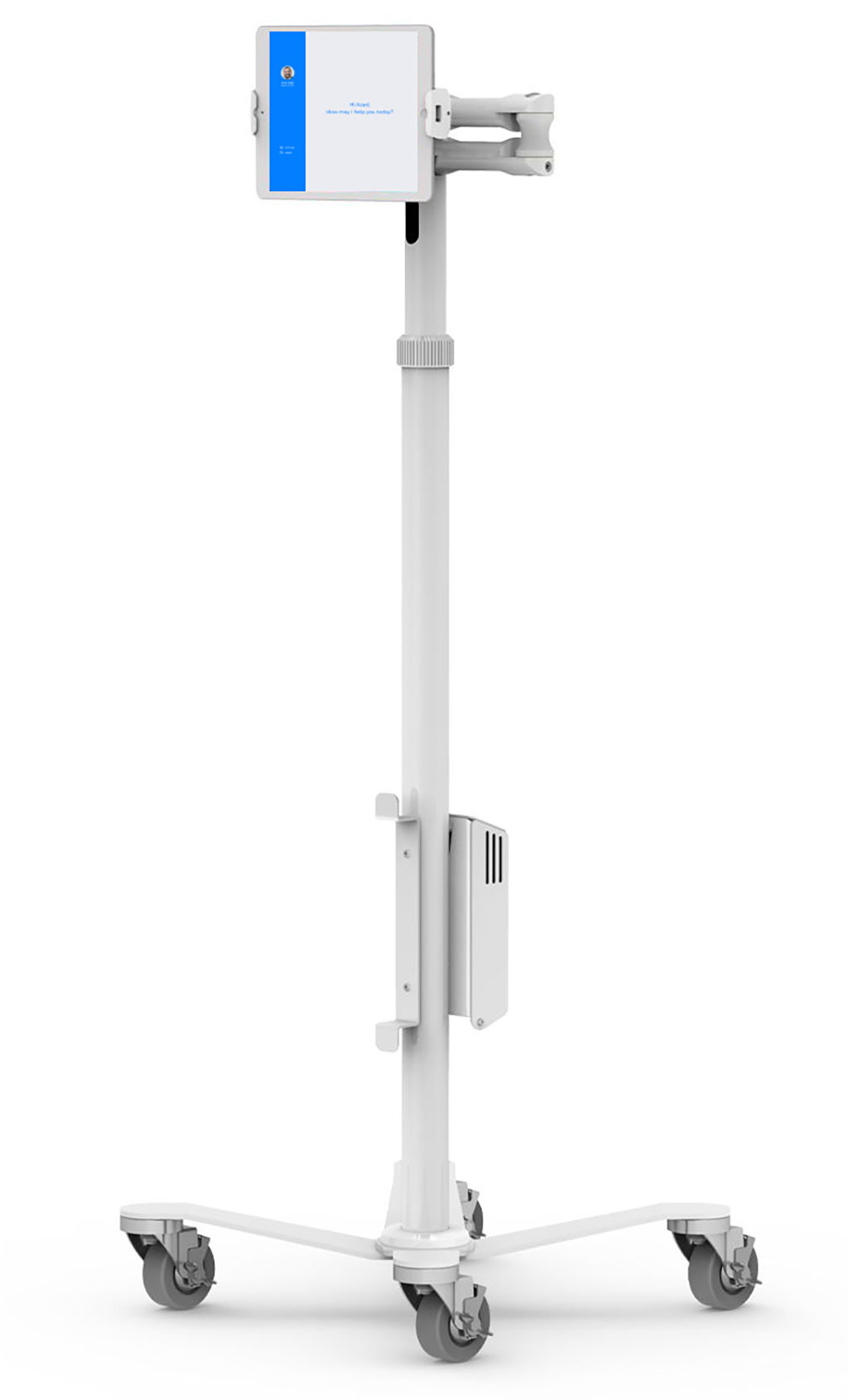
There are enormous pressures on nurses working in hospitals or nursing homes, especially due to the COVID-19 pandemics-related patient surge. A nurse traditionally monitors abnormal vitals and other critical abnormal data and is responsible for calling code and rapid response teams. While serving many patients, it is not possible to attend to multiple patients at the same time as any patient can have critical abnormal data at any time. Now, the world's first robot doctor aims to reduce this load on nurses and remain vigilant 24x7 even when nurses are taking care of other patients' needs, thereby minimizing human errors and prevent exhaustion or burnout among nurses.
Robot Doctor, LLC (Biloxi, MS, USA) has launched the world's first Robotic ClinicalAssist for hospitalized patient care. The ClinicalAssist is a computer on wheel that can be placed in the patient’s room at the hospital and is connected to telemetry monitors and electronic medical records. The Robot will actively monitor for the availability of abnormal data and collect appropriate medical history that will help to determine the patient’s clinical condition. If appropriate, the ClinicalAssist will call a code blue or rapid response team. The device is built on artificial intelligence programs which are designed to reduce human errors and the workload of nurses.
Artificial intelligence programs are already incorporated into almost every sector of human life such as auto-driving cars and their adoption in healthcare is long overdue. ClinicalAssist is the world's first Robot Doctor that was developed using a patented application that mimics the cognition of expert physicians. The Doctor Ai technology was used to develop Robot Doctor which was compared with human physicians to determine its efficacy in triage decision making. The study found no significant differences in the decision-making capacity of Ai and human physicians related to finding the correct diagnosis and recommending correct treatment.
The company envisions that all hospitals will adopt the technology to reduce deaths among hospitalized patients, including those with symptoms of COVID-19. The technology could solve the global healthcare crisis in the near future and help increase access to healthcare for millions living in remote locations. In addition, during any future pandemics, the Robot Doctor could help solve any crisis by reducing the workload of healthcare providers.
Related Links:
Robot Doctor, LLC
Latest Patient Care News
- Revolutionary Automatic IV-Line Flushing Device to Enhance Infusion Care
- VR Training Tool Combats Contamination of Portable Medical Equipment
- Portable Biosensor Platform to Reduce Hospital-Acquired Infections
- First-Of-Its-Kind Portable Germicidal Light Technology Disinfects High-Touch Clinical Surfaces in Seconds
- Surgical Capacity Optimization Solution Helps Hospitals Boost OR Utilization

- Game-Changing Innovation in Surgical Instrument Sterilization Significantly Improves OR Throughput
- Next Gen ICU Bed to Help Address Complex Critical Care Needs
- Groundbreaking AI-Powered UV-C Disinfection Technology Redefines Infection Control Landscape
- Clean Hospitals Can Reduce Antibiotic Resistance, Save Lives
- Smart Hospital Beds Improve Accuracy of Medical Diagnosis
- New Fast Endoscope Drying System Improves Productivity and Traceability
- World’s First Automated Endoscope Cleaner Fights Antimicrobial Resistance
- Portable High-Capacity Digital Stretcher Scales Provide Precision Weighing for Patients in ER
- Portable Clinical Scale with Remote Indicator Allows for Flexible Patient Weighing Use
- Innovative and Highly Customizable Medical Carts Offer Unlimited Configuration Possibilities
- Biomolecular Wound Healing Film Adheres to Sensitive Tissue and Releases Active Ingredients
Channels
Artificial Intelligence
view channelCritical Care
view channel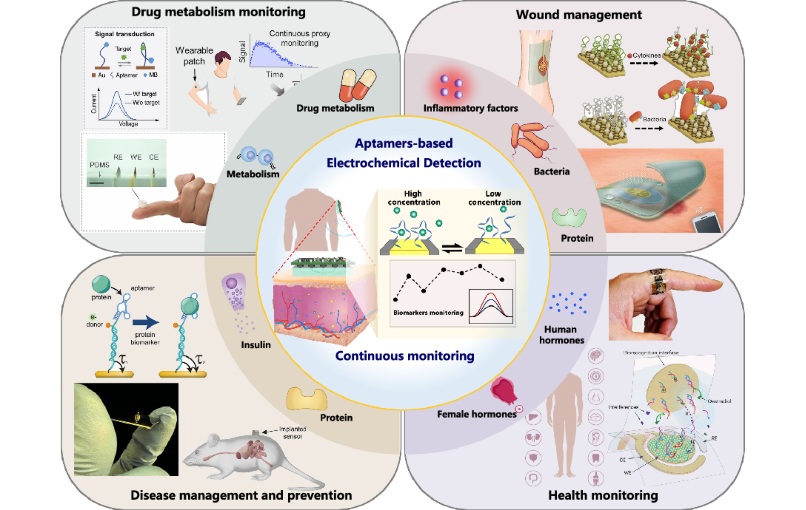
Aptamers Enable Real-Time Biomarker Tracking Without Blood Draws
Continuous monitoring of biomarkers is critical for early disease detection, treatment evaluation, and personalized health management. Yet most clinical tests still rely on invasive, single-point blood... Read more
Specialized Dressing with Sensor Monitors pH Levels in Chronic Wounds
Any wound has the potential to become chronic, but the risk is significantly higher in individuals with certain medical conditions. Once a wound becomes chronic, healing slows, complications increase,... Read moreSurgical Techniques
view channel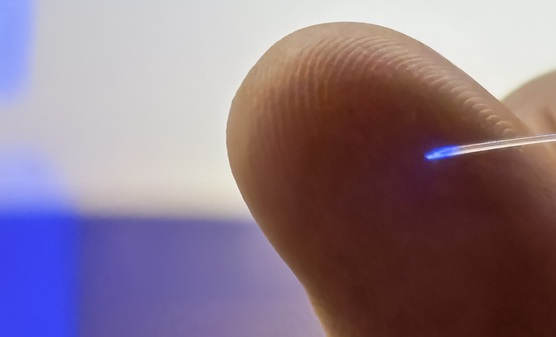
Brain Implant Records Neural Signals and Delivers Precise Medication
Neurological diseases such as epilepsy involve complex interactions across multiple layers of the brain, yet current implants can typically stimulate or record activity from only a single point.... Read moreAI-Based OCT Image Analysis Identifies High-Risk Plaques in Coronary Arteries
Lipid-rich plaques inside coronary arteries are strongly associated with heart attacks and other major cardiac events. While optical coherence tomography (OCT) provides detailed images of vessel structure... Read moreNeural Device Regrows Surrounding Skull After Brain Implantation
Placing electronic implants on the brain typically requires removing a portion of the skull, creating challenges for long-term access and safe closure. Current methods often involve temporarily replacing the skull or securing metal plates, which can lead to complications such as skin erosion and additional surgeries.... Read moreHealth IT
view channel
EMR-Based Tool Predicts Graft Failure After Kidney Transplant
Kidney transplantation offers patients with end-stage kidney disease longer survival and better quality of life than dialysis, yet graft failure remains a major challenge. Although a successful transplant... Read more
Printable Molecule-Selective Nanoparticles Enable Mass Production of Wearable Biosensors
The future of medicine is likely to focus on the personalization of healthcare—understanding exactly what an individual requires and delivering the appropriate combination of nutrients, metabolites, and... Read moreBusiness
view channel
Medtronic to Acquire Coronary Artery Medtech Company CathWorks
Medtronic plc (Galway, Ireland) has announced that it will exercise its option to acquire CathWorks (Kfar Saba, Israel), a privately held medical device company, which aims to transform how coronary artery... Read more
Medtronic and Mindray Expand Strategic Partnership to Ambulatory Surgery Centers in the U.S.
Mindray North America and Medtronic have expanded their strategic partnership to bring integrated patient monitoring solutions to ambulatory surgery centers across the United States. The collaboration... Read more
FDA Clearance Expands Robotic Options for Minimally Invasive Heart Surgery
Cardiovascular disease remains the world’s leading cause of death, with nearly 18 million fatalities each year, and more than two million patients undergo open-heart surgery annually, most involving sternotomy.... Read more













